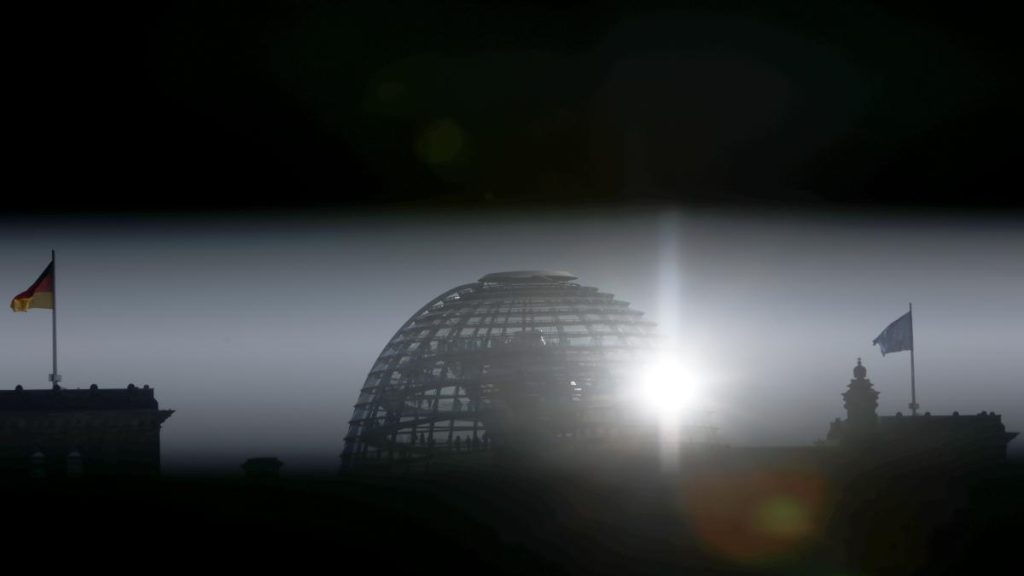According to a recent survey conducted by the opinion research institute Insa for “Bild am Sonntag,” the Social Democratic Party (SPD) has slightly decreased in popularity among voters. The SPD is currently at 15 percent, which is one percentage point lower than the previous week. The Union remains the strongest party with 30 percent support. The Alternative for Germany (AfD) has gained one percentage point, reaching 20 percent. The Green Party remains steady at 13 percent, while the Free Democratic Party (FDP) stays at five percent. The Sahra Wagenknecht Alliance (BSW) is at six percent, and the Left Party would not be represented in the Bundestag with three percent.
The survey, conducted from Monday to Thursday, involved 1210 participants, with a maximum margin of error of plus/minus 2.9 percentage points. While the Union maintains its lead in popularity, the slight decrease in support for the SPD and the increase for the AfD reflect the changing dynamics within the German political landscape. The stability of support for the Green Party and the FDP indicates continued preference for these parties among voters. The potential absence of the Left Party from the Bundestag highlights the importance of maintaining voter support in order to secure representation in the government.
The results of the survey suggest that there may be a shift in voter preferences leading up to the next election. The slight decrease in support for the SPD could be a cause for concern for the party, while the increase for the AfD indicates a growing appeal to certain segments of the population. The steady support for the Green Party and the FDP shows that these parties have maintained their standing among voters. The performance of the BSW and the potential absence of the Left Party demonstrate the challenges faced by smaller political groups in gaining and retaining voter support.
Overall, the survey results reflect the current political landscape in Germany, with the Union maintaining its lead, while other parties experience fluctuations in support. As the country prepares for the next election, parties will need to strengthen their campaigns and engage with voters to secure their positions in the Bundestag. The dynamics of the upcoming election will be shaped by the shifting preferences of voters, making it crucial for parties to adapt their strategies to appeal to a wide range of constituents. The results of the survey serve as a barometer for the mood of the electorate and highlight the ongoing competition among political parties in Germany.















